Volunteer training
Overview of the CASA Volunteer Role/Georgia Child Protection System
Court Process Provides a general overview of the Family Court System and the child protective court process. The activities are designed to help the participants become more comfortable with the courtroom process and experience.Family Systems and DevelopmentFocuses on family dynamics and discusses risk factors (including substance abuse, domestic violence and mental illness), the impact of poverty, parental substance abuse and domestic violence on children. How these factors influence the ways a family copes with change, crisis and stress, as well as the bond children have with their families. Activities in this chapter help the CASA volunteer recognize personal values and maintain objectivity regarding the risks for a child. This chapter also helps the participants focus on the feelings and fears of the children for whom they will advocate. Interviewing Skills for CASA VolunteersNames the basic elements of communication, recognizes the importance of observation in gathering information about children and identifies the elements of a successful child interview, reviews important skills for building rapport and trust with a child, applies a collaborative approach to dealing with conflict, identifies different styles of dealing with conflict and revisits the concept of confidentiality. What training does a CASA volunteer receive?Each CASA volunteer must complete 30 hours of comprehensive pre-service training. The curriculum is designed to inform volunteers about courtroom procedures, the dynamics of abuse and neglect, cultural differences, Georgia state laws and effective communication techniques. Professionals from social service agencies, lawyers and judges, and seasoned volunteers participate with the CASA staff in sharing their expertise during this training. Learning about the Role of Division of Family and Children Services (DFCS)Presentation of the role of DFCS (Division of Family and Children Services). Outlines the process of DFCS involvement in cases and how the DFCS case comes to the court. Reviews DFCS responsibilities, as well as its relationship with Guardian Ad Litem (GAL) attorneys and CASA volunteers. | Exploring Cultural AwarenessExamines the dynamics of cultural differences. Participants examine values and how values determine how a culture meets and defines basic needs. Participants will identify their own values and relate them to those of other cultures. Activities will give participants the opportunity to identify how language, class, and culturally-bound values influence the recommendations concerning the child. Participants are encouraged to gain competence in working cross culturally, identifying ways to become more sensitive to cultural diversity. Working a CaseReviews the process used to appoint a CASA volunteer to a case, creates and implements a strategy to gather information about a case, identifies the components of a successful interview and names community resources that might be effective in addressing the needs of a child. Report WritingSystematically organizes information pertinent to a case and synthesizes information to write an effective court report. Utilizes all of the above recommendations about the needs of the child and identifies strategies for testifying and effectively presenting information in court, as well as practicing the steps to monitor a case from the dispositional order until the child is in a safe, permanent home. Activities are designed to help the CASA create an effective court report and gain confidence in presenting information to the court. Pulling it all Together / CASA PresentationIdentifies the strategies for self-care, identifies safety tips for volunteers, reviews the role of the CASA program staff for volunteer supervision and support; reviews office procedures for case assignment, obtaining records, submitting court reports, revisits the need for an advocate for abused and neglected children. Court ObservationCASA advocates will complete court observations, maximizing the experience and helping to increase the advocates understating of the system. The ability of CASA advocates to improve their court experience depends on their understanding of not only the court system, but also the more subtle details of how each courtroom is managed. Courtroom observation can include (but is not limited to) a brief overview of court procedures and the key players involved. Upon the completion of observation advocates can ask specific questions about: the role of each participant, legal terms that are used, specific documents and programs that are referenced and the way a judge handles a case and next step in the travel of a case. |
